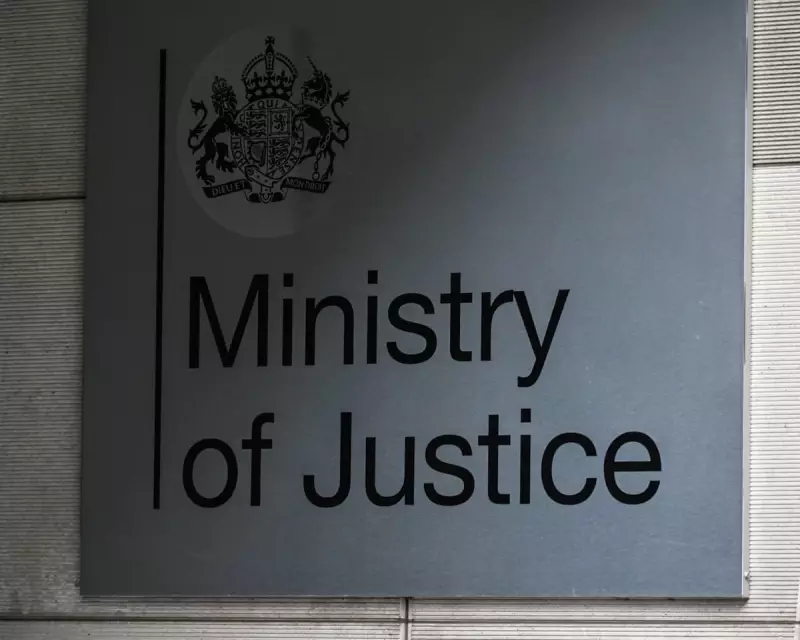
Radical Overhaul Proposed for UK Justice System
The British justice system is confronting an unprecedented crisis as crown court backlogs have reached a record high of more than 78,000 cases awaiting resolution. In response to this mounting challenge, Justice Secretary David Lammy has circulated controversial proposals that would fundamentally transform how criminal trials are conducted in England and Wales.
What the Proposals Entail
Under the radical plan currently being considered by the Ministry of Justice, jury trials would be preserved only for the most serious offences including murder, manslaughter, and rape. For all other criminal cases where the potential prison sentence is up to five years, a single judge would preside without a jury.
The Ministry of Justice document, circulated throughout Whitehall earlier this month, reveals that Lammy wants to "introduce trial by judge alone for cases involving fraud and financial offences – if the judge considers the case to be suitably technical and lengthy". This represents a significant departure from the current system where defendants have the right to be heard before a jury for serious offences.
The proposed new system would establish a crown court bench division (CCBD) as a lower-tier of the crown court that handles cases likely to receive sentences of up to five years. This structure goes well beyond recommendations made by Sir Brian Leveson in his July review of criminal courts, with the leaked MoJ document stating the government intends to "go further than Sir Brian's to achieve maximum impact".
Strong Opposition from Legal Professionals
The proposals have drawn immediate and forceful criticism from senior legal figures across England and Wales. Mark Evans, president of the Law Society representing thousands of solicitors, described the measures as "extreme" and warned that they "go far beyond" what Leveson recommended.
"This is a fundamental change to how our criminal justice system operates and it goes too far," Evans stated. "Our society's concept of justice rests heavily on lay participation in determining a person's guilt or innocence. We have not seen any real evidence that expanding the types of cases heard by a single judge will work to reduce the backlogs."
Riel Karmy-Jones KC, chair of the Criminal Bar Association, delivered an even more stark assessment: "What they propose simply won't work – it is not the magic pill that they promise. The consequences of their actions will be to destroy a criminal justice system that has been the pride of this country for centuries, and to destroy justice as we know it."
Karmy-Jones directly challenged the government's rationale, asserting that "juries are not the cause of the backlog. The cause is the systematic underfunding and neglect that has been perpetrated by this government and its predecessors."
Political and Personal Reversals
The proposals mark a significant reversal from Lammy's previously stated positions on jury trials. A social media comment from five years ago resurfaced in which he declared: "Trials are a fundamental part of our democratic settlement. Criminal trials without juries are a bad idea."
Opposition politicians have joined legal professionals in condemning the plan. Conservative leader Kemi Badenoch criticised it as "a short-term decision that risks fairness, undermines public trust, and erodes the very foundation of our justice system." Meanwhile, Liberal Democrat justice spokesperson Jess Brown-Fuller described the reports as "completely disgraceful" and accused ministers of dismantling the justice system while failing victims.
The Ministry of Justice has emphasised that no final decision has been taken by the government, with a spokesperson stating: "We have been clear there is a crisis in the courts, causing pain and anguish to victims – with 78,000 cases in the backlog and rising – which will require bold action to put right." The proposals are expected to be formally announced in the New Year following final sign-off from other government departments.





